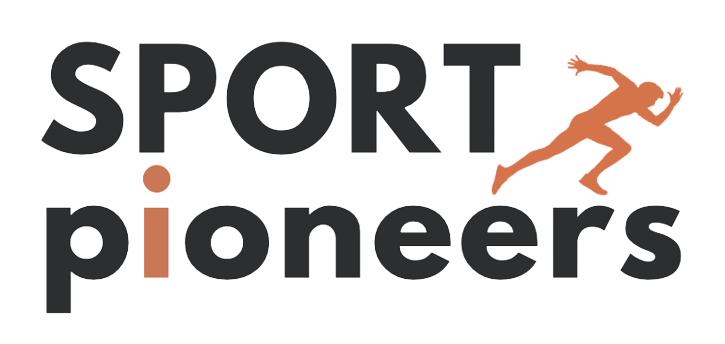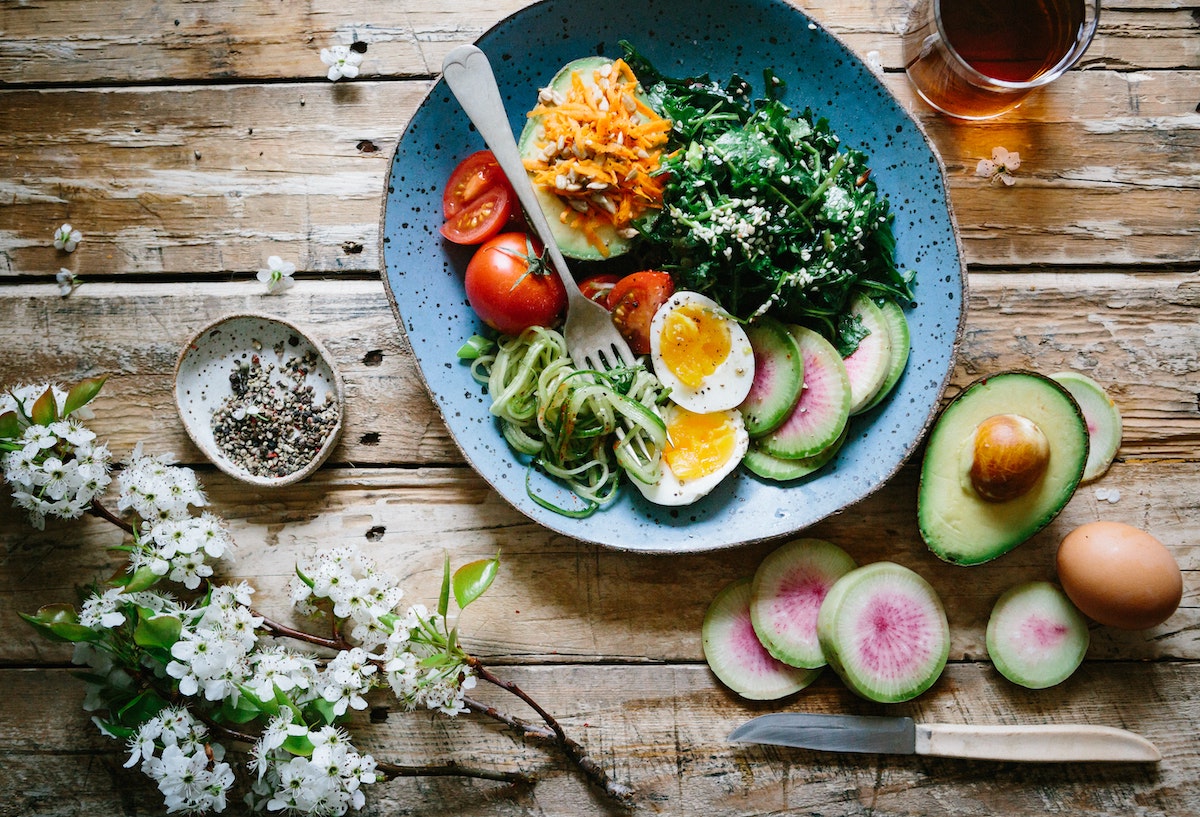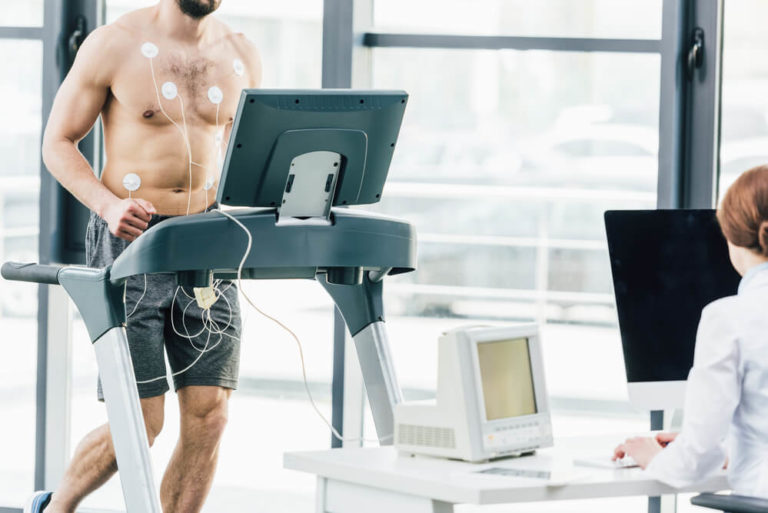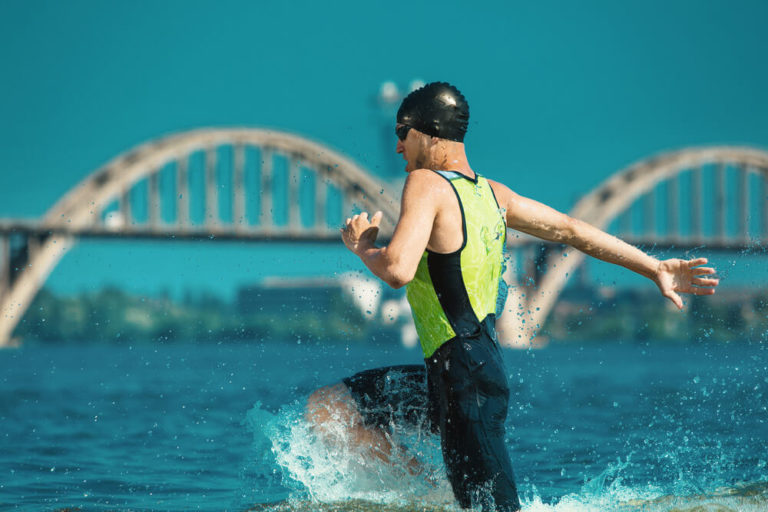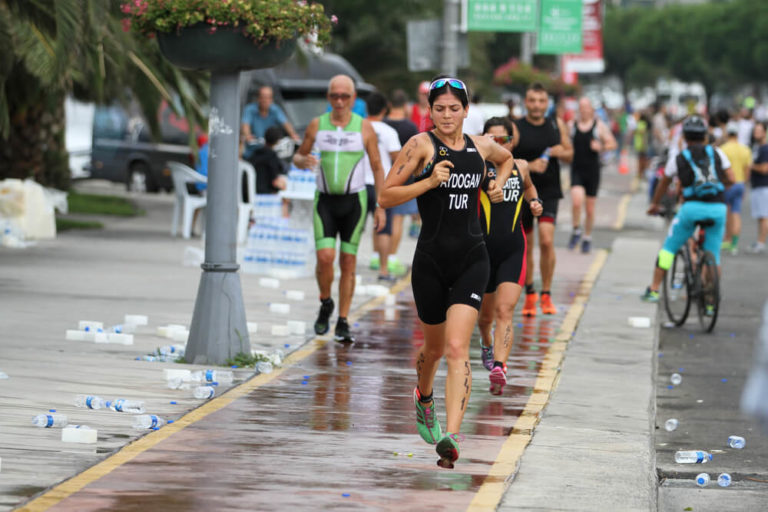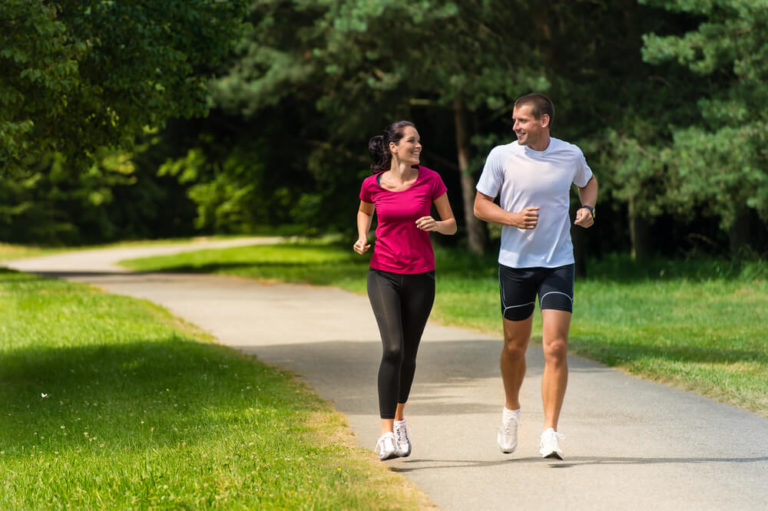Our website contains links to partner sites. If you click from our site to the partner's site and purchase their services there, we will receive a commission for mediation (Find out more information). This form of cooperation does not affect the objectivity of our reviews. With each purchase made through links from our site, you support our editorial office so that we can create quality and useful content in the future. Thank you.
What to eat before a marathon
Running a marathon for the first time or trying to break a personal best in the distance? Make sure you are fueling your body properly. Your diet maintains energy levels throughout your run. It also supplies the necessary nutrients for recovery following the strain of a race.
With good nutrition, you can prevent dehydration and reduce injury risk. When it comes to food, athletes and active people know it is important. Yet, they often follow overly prescriptive or restricted diets instead of focusing on fuel that works for them. What time should you eat then? What ought you to eat? What is the point of it all? This article covers the most frequently asked questions on what to eat before a marathon.
What to eat the night before a marathon
There may be a lot of anxiety about the meal to eat the night before your race. But, with a little planning, you can ensure success.
You want to have a high-carb, low-fat dinner so that your body has ample time to digest everything. You do not want to wake up with a churning stomach after a heavy meal on race day. Do not try anything new, either.
Are you trying to avoid diarrhea, intestinal cramps, and bloating? I advise that you eat low-fiber foods. Choose normal spaghetti rather than whole-grain spaghetti, for instance.
Try to avoid having dinner too late. When race day comes around, you do not want that food still in your stomach. If you start to feel peckish before going to bed, feel free to eat some high-carb snacks, including dates or bananas.
Avoid anything hot, fatty, deep-fried, or excessively acidic. It would also help if you avoided tomatoes, chocolate, and mint.
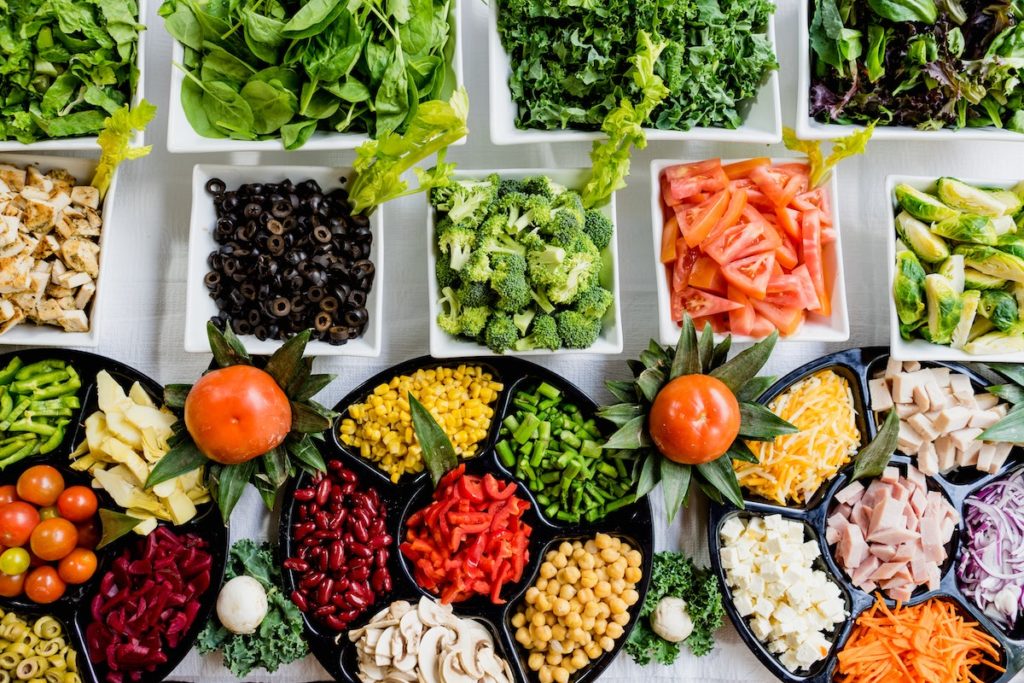
What to eat before a marathon: What’s the best breakfast?
Just wait till your race day nerves kick in for breakfast, and you will understand what I’m talking about.
The best advice for nutrition on race day is to avoid trying anything novel. Your typical eating patterns will determine what you should eat before the marathon. It would be best to eat something you’ve eaten many times before a long run. Avoid putting your stomach to the test and needing to use the restroom in the middle of the race.
On the day scheduled for the marathon, drink coffee as you typically would in the morning. Before the race, you should empty out your intestines with hot tea or coffee. It will also help you calm down any pre-race anxiety.
It would help if you consumed fluids between 2 and 3 hours before the race, ranging from 1.5 to 2.5 cups. It will help you stay hydrated, especially if your event starts later in the day.
You can eat 15 to 20 grams of carbohydrates in the first 30 minutes to replenish your energy reserves. To avoid any gastrointestinal concerns, keep refueling with sports drinks or gels. But stick to the ones you’ve been using for the past month.
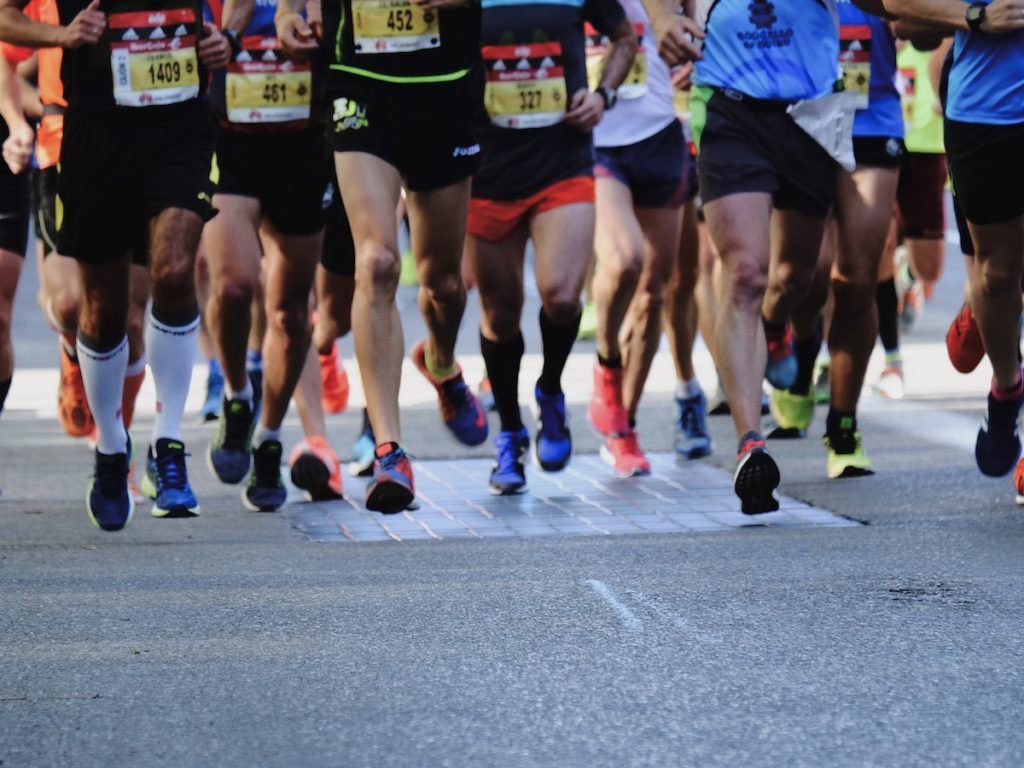
Should I increase my nutrition if I’m a bigger runner?
The precise formula is 1 gram of carbs per kilogram of bodyweight consumed in meals and beverages 1 hour before a race. So, you can eat more the earlier you eat. Additionally, you consume more as your weight increases. (To calculate kilograms, multiply the weight in pounds by 2.2.)
Use this knowledge while trying to determine what your stomach can withstand. Once you’ve sorted that out, you can decide on what to eat before a marathon. Some people digest meals more quickly than others.
What foods not to eat the morning of a marathon?
Experts recommend that you eat a simple carb breakfast with a little protein the morning of the marathon. Your body receives all it needs to work hard and retain energy as a result.
Eat less of the difficult-to-digest foods like foods heavy in fiber, which can bloat and cause gas. When you run, there will be stimulation in your gastrointestinal tract. Fiber might exacerbate this condition.
Avoid eating foods rich in fat and protein. Fat and protein-rich foods can cause slow digestion and slower energy release. Hence, avoid eating legumes or high-fiber foods before the race.
It is more likely to induce diarrhea, gas, or bloating if food is in your system for a long period. Running enthusiasts absolutely do not want that!
Can I have coffee before my marathon?
You should drink your coffee if you’re accustomed to it in the morning. Coffee enhances performance. Coffee makes running more energizing. You need to take 200 mg of coffee one hour before a race.
If you do not drink coffee, try this out before the marathon. Then, analyze how caffeine makes you feel. With coffee, some people experience GI pain or have frequent toilet visits.
Caffeine can also make some people’s hearts beat faster. It is not good to have in your system the morning before a marathon. Caffeine-containing gels can also help runners perform better.
What to eat after a marathon
Sports drinks can help you rehydrate after a marathon. Take isotonic drinks because they have salt and sugar concentrations like those in the body. Within 24 hours after a race, avoid alcohol because it encourages dehydration.
Drinking only when thirsty would not meet all your hydration requirements. As a visual cue, your urine should be nearly colorless a few hours after the run.
It would help to eat something high in carbohydrates within an hour of your race or marathon. For instance, you could eat a banana toast or red bean bun. The post-race meal should include lean protein, carbohydrates, and healthy fats.
Conclusion
Many things go into preparing for a marathon. But, nutrition is an equally critical aspect of completing the 26.2 miles. These suggestions can help you fuel your kilometers if this is not your first marathon. With that, you can confidently arrive at the start point for the race. It does not matter if you are yet to figure out what to eat before a marathon.
